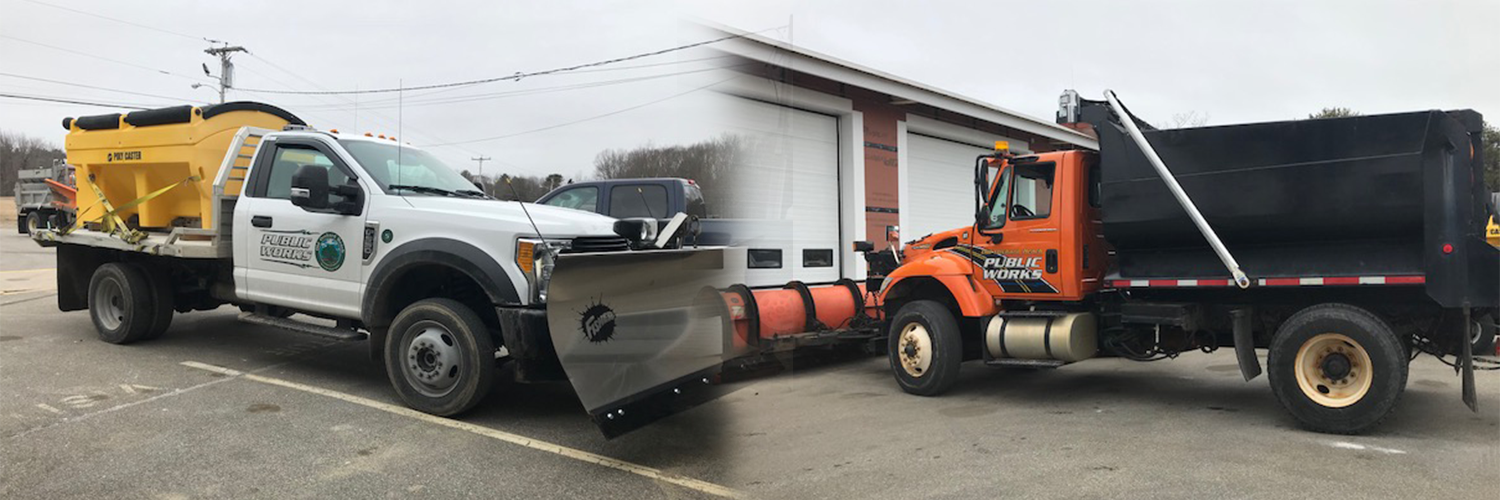| In the Garden | DO Sweep the gutters and driveways regularly and place the sweepings on the garden, compost, or in the bin. | DON’T Hose dirt off hard surfaces (roads, paths, driveways) into the gutter |
| | DO Prevent soil or mulch from being washed or blown off the garden | DON’T Hose leaves and grass clippings into the gutter |
| | DO Rake up leaves or lawn clippings and use them as mulch on the garden or place them in the compost | DON’T Pile sand or soil on areas where it can wash into the storm water system |
| | DO Grass or re-plant areas of disturbed soil | DON’T Overuse chemicals (pesticides) that could be washed into storm water from the garden or yard |
| | DO Consider natural alternatives to pest control chemicals | DON’T Use too much fertilizer |
| In the Street | DO Pick up litter in the park or on the street | DON’T Drop packaging or cigarette butts on the ground |
| | DO Clean up pet droppings and dispose of them in the garden, rubbish bins, or in the toilet | DON’T Leave rubbish where bins are already full. |
| With the Car | DO Maintain the car, making sure there are no leaks and that fuel is burnt ‘cleanly’ by keeping your car tuned | DON’T Work on your car (including oil changing) in a place where oil and grease may wash into gutters |
| | DO Use the minimum amount of detergent for cleaning outside, and wash your car on the grass or on gravel. A better option is to take your car to a car wash where the water is recycled | DON’T Wash the car in the street or paved driveway using detergent. |
| Renovation | DO Keep paints, tarps and solvents clear of gutters or drains | DON’T Hose sand, gravel or cement into the gutter |
| | DO Allow unused paint to dry out and then put in the garbage | DON’T Dump paints, oils, and other hazardous wastes down the storm drains |


